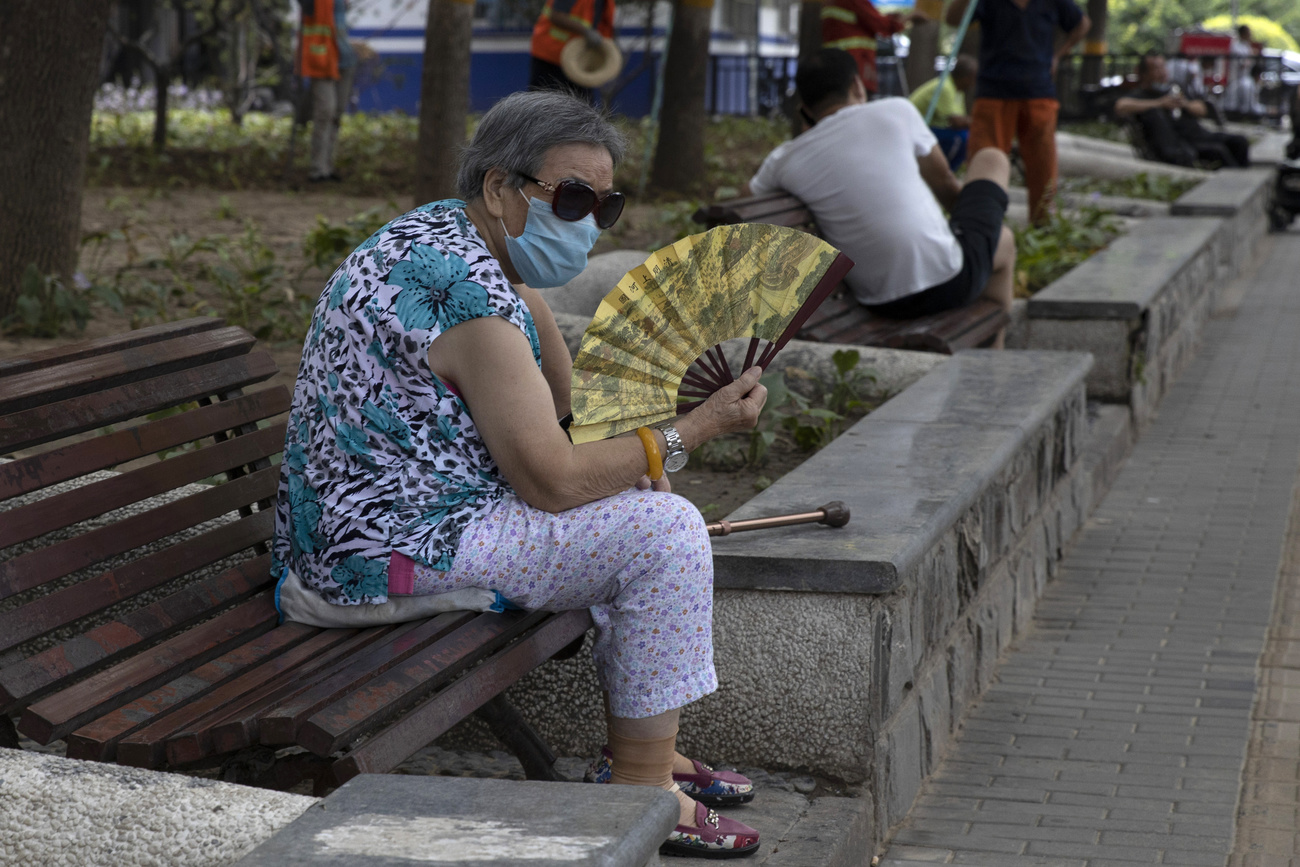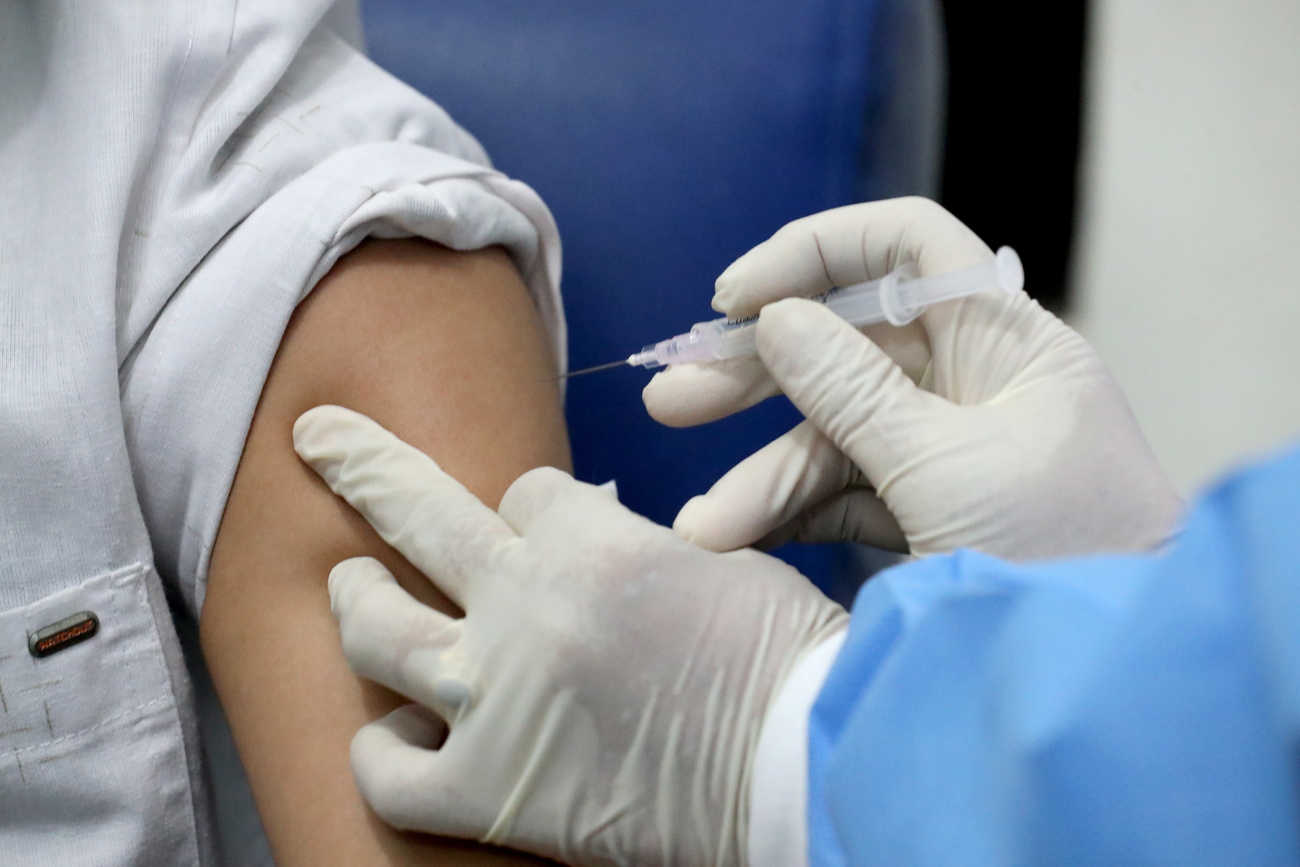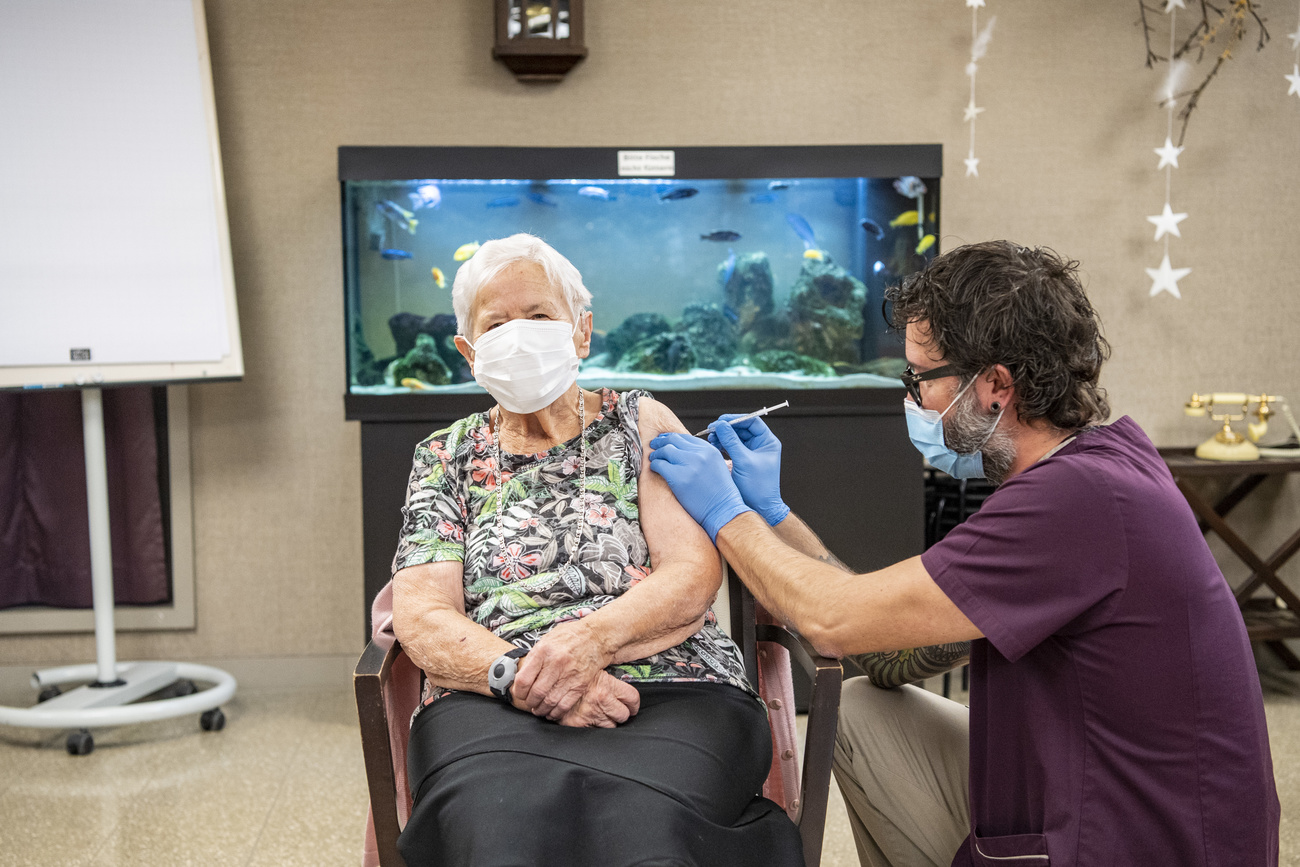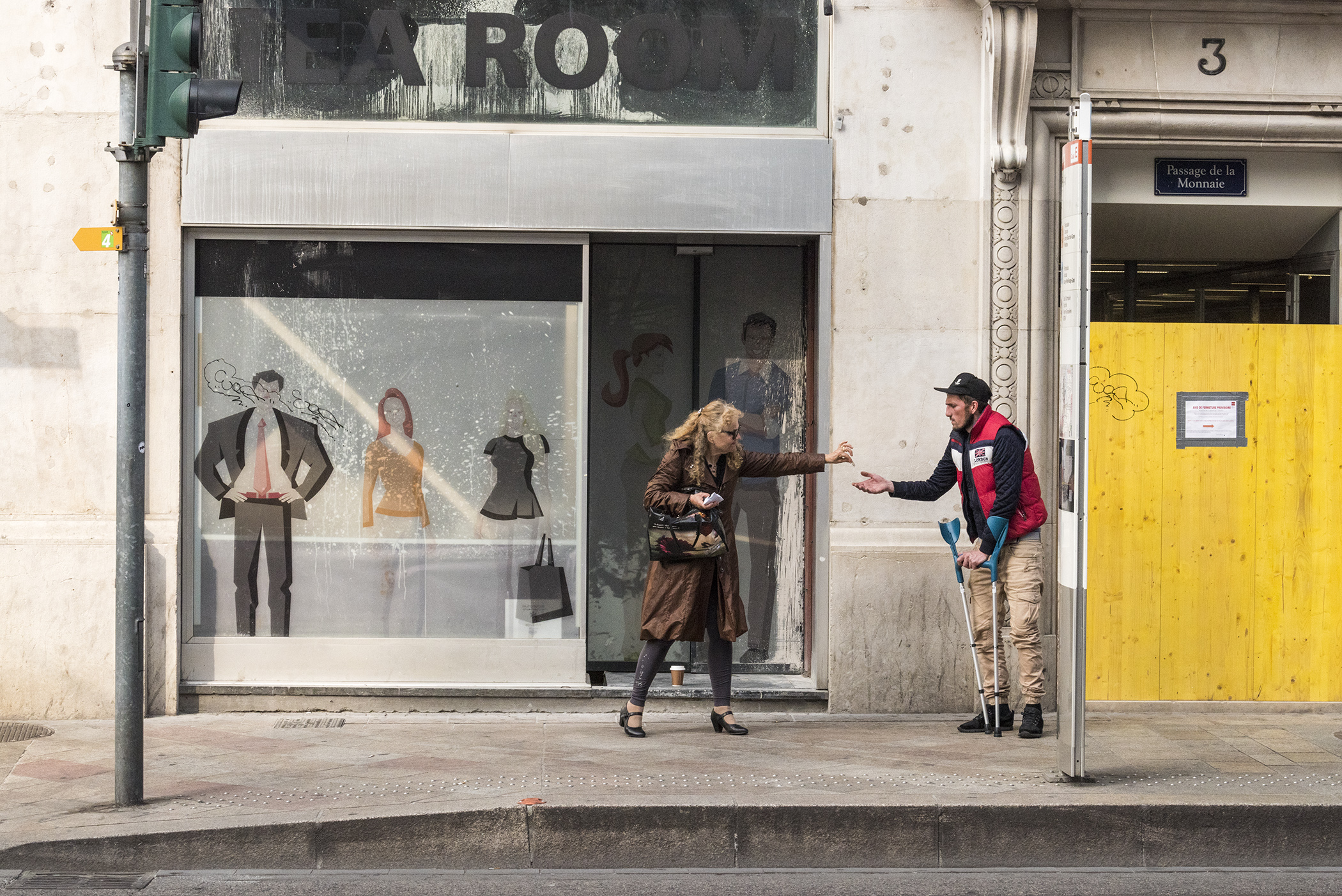On the trail of Covid-19: Will the probe in China be make or break for the WHO?

One long year after the outbreak of the Covid-19 pandemic that has rocked the world like no other, a team of WHO scientists has finally come out of quarantine in Wuhan, China, to investigate the origins of the virus. We examine the importance of this investigation both for global health and the credibility of the embattled World Health Organization.
Did Covid-19 come originally from bats, as many scientists now believe? If so, was there an intermediary animal that allowed it to jump to humans? The WHO team will be looking particularly at animal origins, but must also explore other possibilities, say experts, such as an accidental escape from a lab.
“It could have been done earlier,” said Antoine Flahault, director of the Institute of Global Health at the University of Geneva, of the WHO investigation. “But it’s very important to know what is, or what could be the origin of this pandemic and how it appeared.”
“If we don’t know how it all started, we cannot change the conditions and prevent it from happening again,” agreed Professor Steve Tsang, director of the China Institute at the University of London’s School of Oriental and African Studies (SOAS).
Chinese challenges
But the task will not be easy. Antoine Bondaz, a China specialist at the Foundation for Strategic Research and professor at Sciences Po in Paris, thinks the main problem with this investigation in China will be political constraints that limit the work of the UN investigators. “And the people who hold the keys to the questions are not the UN experts but Chinese scientists. So the big question is whether China’s political authorities will allow the Chinese scientific experts to carry out their work independently.”
Tsang thinks not. Chinese scientists who talk to the international experts may have been coached, he said, and may well be monitored to ensure they don’t say anything that goes against the official line. The Chinese authorities have done a good job of convincing people inside the country, if not elsewhere, that the virus did not originate in China, according to Tsang. The Chinese government gives priority to ensuring the survival of the Communist Party and of President Xi JinpingExternal link, he added, and even health concerns may be secondary. Its narrative says the virus did not originate in China and China has done a good job suppressing it, while the rest of the world has not. China has also helped the world during this pandemic, notably by supplying masks, according to Beijing.
Certainly this makes the WHO task hard. Bondaz thinks the very credibility of the Geneva-based global health body is at stake. “This investigation is fundamental for the credibility of the WHO,” he said. “If at the end of it the WHO is not capable of getting any answers to the questions, its very usefulness will be in doubt.”
WHO under attack
The WHO has been accused, notably by the former Trump administration in the US, of being too close to China. Swiss-based global health expert Ilona Kickbusch said in a recent interview that global tensions emerging before the pandemic, notably involving the trade war between the US and China, have undermined the world’s response to this pandemic. Previous world health crises, such as smallpox during the Cold War and SARS in 2003, also happened at a time of geopolitical tensions, she said. But the world somehow managed to overcome them to stop the spread of disease. That was not the case this time. And maybe the WHO’s response has also suffered as a consequence.
WHO critics say the global health body was too slow in its response to this unprecedented pandemic and just regurgitated Chinese statements in early 2020. If Chinese authorities knew earlier than they said that the virus could be transmitted from human to human, vital weeks were lost in putting the necessary measures in place, they say. And there have been some calls for WHO director-general Tedros Ghebreyesus of Ethiopia, whose country has close ties with China, to resign. He showed annoyance with the Chinese authorities for the first time only in January 2021 when there was a hitch with the investigation team’s Chinese visas.
But Bondaz says the WHO, like other international organisations, must perform a delicate balancing act, because to investigate it must have the goodwill and cooperation of member states. “So the dilemma is whether to criticise the Chinese authorities openly and so risk closing off access to China and Chinese cooperation.”
Calls for reform
Flahault, an epidemiologist who has worked with the WHO, made the same point. “The WHO must ask permission of member states to host its mission, and then it has to negotiate with the member state the composition of the mission and the date when the mission will come”, as well as the location and terms of reference. But he thinks this must be changed. “I strongly believe that the WHO needs to have the power to conduct an investigation in any country at any time with its own international experts, deciding who will come and join the team without any limitation, exactly as the disarmament conference does for nuclear plants or chemical plants,” he said.
In January this year, an expert panel commissioned by the WHO itself said in an interim reportExternal link that the global pandemic alert system is “not fit for purpose”. “More timely and stronger warnings of the potential for human-to-human transmission could have been issued by both WHO and national and local authorities,” according to the panel led by former Liberian president Ellen Johnson Sirleaf and former prime minister of New Zealand Helen Clark. But WHO actions depend on member states, said the panel mandated to evaluate the global response to Covid-19.
Presenting the report, Clark said the WHO did not have the means to face the task and pointed out it did not have the right to access a country and carry out investigations without the collaboration of member states. As long as the WHO is not better equipped, it will be difficult for it to give the states the necessary instructions “in time” in the event of a health emergency, the former Liberian president added.
The panel, whose final report is due in May, called for WHO reforms, including better funding and more independence.
What can be expected of the WHO probe?
In the meantime, the WHO must work with what it’s got. So what can we expect to come out of the investigation team in China?
Tsang thinks the WHO scientists will try to work independently. “The issue is really how much cooperation they will get from the Chinese. And they will only get cooperation if it is clear that whatever they have to say will put China in a very positive light,” he said.
Bondaz also stressed that much will depend on the Chinese authorities, whether they can go beyond the official narrative and shed full light on what happened. “Unfortunately, we may have strong doubts about that,” he commented.
But Flahault, who knows members of the team, is more optimistic. He said they are independent and highly skilled experts, so “they will behave as researchers, they will want to sample and to investigate some animals and maybe some humans, human communities around these farms. If they are not allowed to approach these communities, they will be highly frustrated and they will say so, maybe not when they are in China, but we will know it when they come back.” Flahault also thinks the Chinese authorities know this, and will not want to provoke a new crisis that puts their international credibility at risk.
“This is not about picking on China,” said Tsang. “It’s about dealing with global health.”

In compliance with the JTI standards
More: SWI swissinfo.ch certified by the Journalism Trust Initiative













Join the conversation!